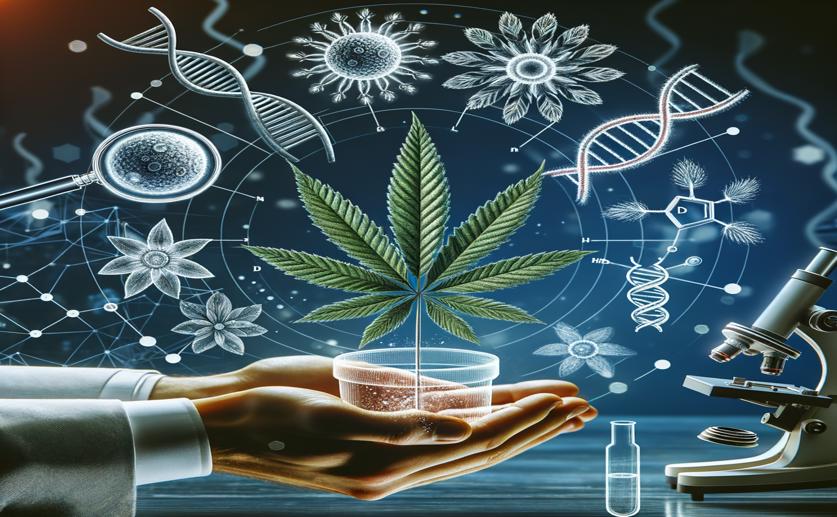
Verifying Healing Plants with DNA Tests
Jim Crocker
30th April, 2024

Image Source: Natural Science News, 2024
Key Findings
- Scientists from the University of Karachi improved herb identification using DNA markers
- The DNA method accurately identified 12 medicinal herbs and detected adulterated samples
- This technique ensures the safety and authenticity of herbal medicines for consumers
References
Main Study
1) Authentication of important medicinal herbal species through DNA-based molecular characterization.
Published 29th April, 2024
https://doi.org/10.1016/j.sjbs.2024.103985
Related Studies
2) Authentication of medicinal herbs using PCR-amplified ITS2 with specific primers.
Journal: Planta medica, Issue: Vol 73, Issue 13, Oct 2007
3) DNA-based identification of spices: DNA isolation, whole genome amplification, and polymerase chain reaction.



 3rd March, 2024 | Jenn Hoskins
3rd March, 2024 | Jenn Hoskins